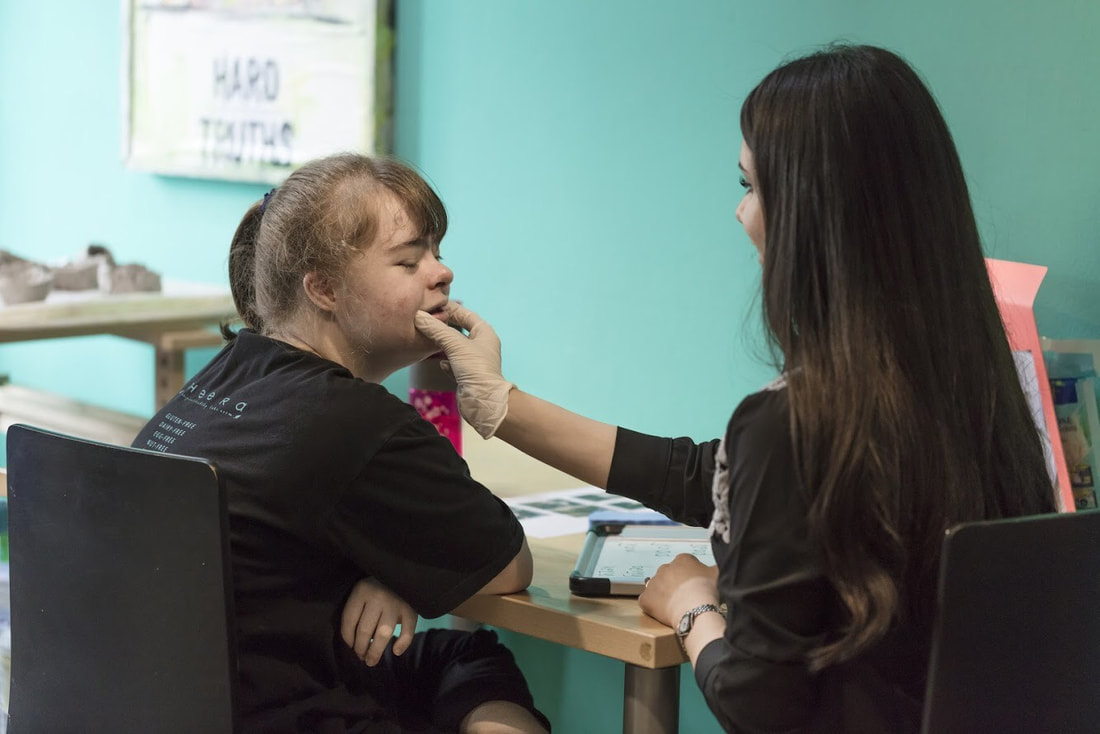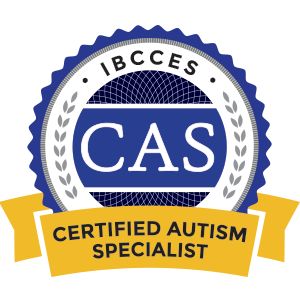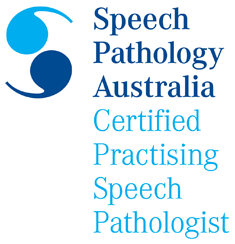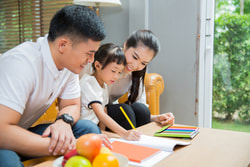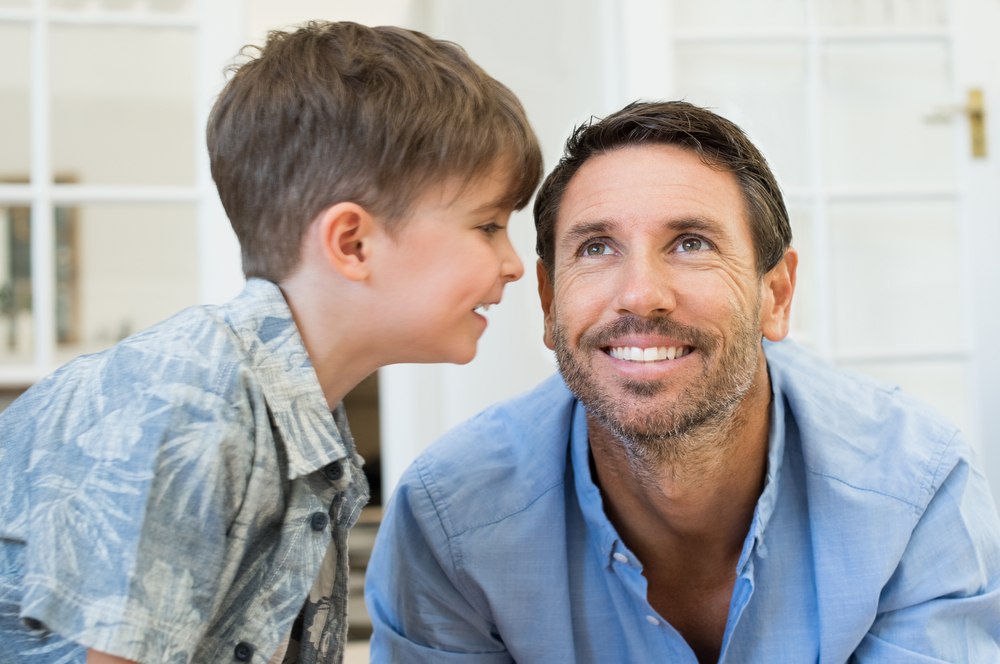|
Everyone wants their child to be happy when they grow up. Interestingly, the longest scientific study ever conducted on happiness, a seventy-five year Harvard study by Psychiatrist Robert Waldinger, showed that good relationships are the greatest determining factor of happiness. This study also found that good relationships actually keep people healthier as well.
As you can imagine, social communication skills are crucial for sustaining good relationships with family and friends. These include both verbal and non-verbal skills which people use to send and receive messages to communicate with others. It is also essential for children to have adequate social communication skills for reasons other than forming relationships with other people. For instance, these skills are necessary for classroom activities such as completing group work and engaging in classroom discussions. They are also important for participating in team sports. Once a child has completed school, these skills then play a major role in obtaining and sustaining employment. When do children develop social communication skills? Children start to develop social communication skills much younger than most people think. These skills typically develop as below: From birth – 6 months a child will:
How can a speech language therapist help? Assessment The first step a therapist will take is to obtain information about the social communication skills that your child already has. The therapist will do so by collecting information from you through an interview and questionnaire. The therapist will then interact with your child to probe the social communication skills they have and try to elicit certain responses from your child. If your child is old enough to attend school, the therapist might also collect information from their classroom teacher, or even observe them in their classroom or playground environment. Planning Intervention The therapist will then compare the information obtained with what is typically expected from children of a similar age to your child. Based on the findings, the therapist will formulate an individualised therapy plan to improve your child’s social communication according to your child’s abilities, needs and their motivational factors. Therapy Sessions Therapy sessions will allow your child to learn and practice social communication skills. They will often be shaped to reflect your child’s natural settings as much as possible. For younger children, therapy sessions are primarily ‘play-based’ with a focus on non-verbal interactions skills first. If your child attends school, then therapy sessions are likely to be more ‘conversation-based’ and might involve your child’s peers. That’s all for this week… If you would like to be notified when my next article is released, subscribe to my mailing list and receive a copy of the speech and language development table! Reference I would like to acknowledge and thank this resource whereby the above milestones were obtained: Lanza, J. R., & Flahive, L. K. (2008). LS Guide To Communication Milestones. LinguiSystems, Inc. USA. Comments are closed.
|
Welcome to my blog!
|

